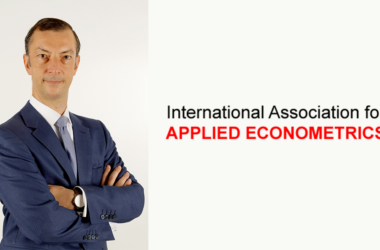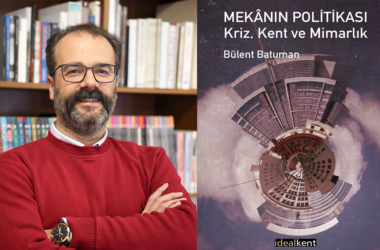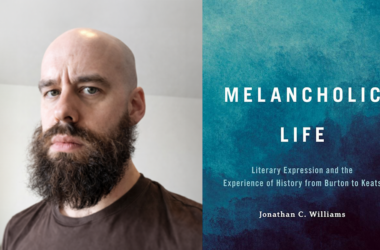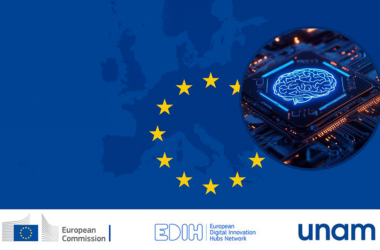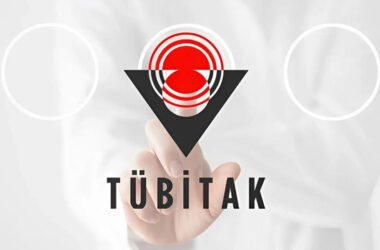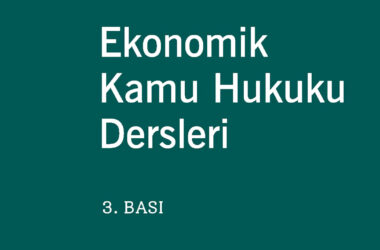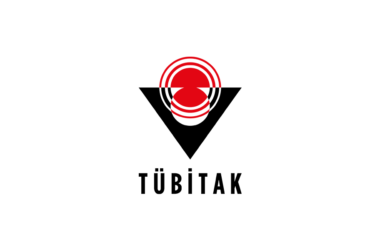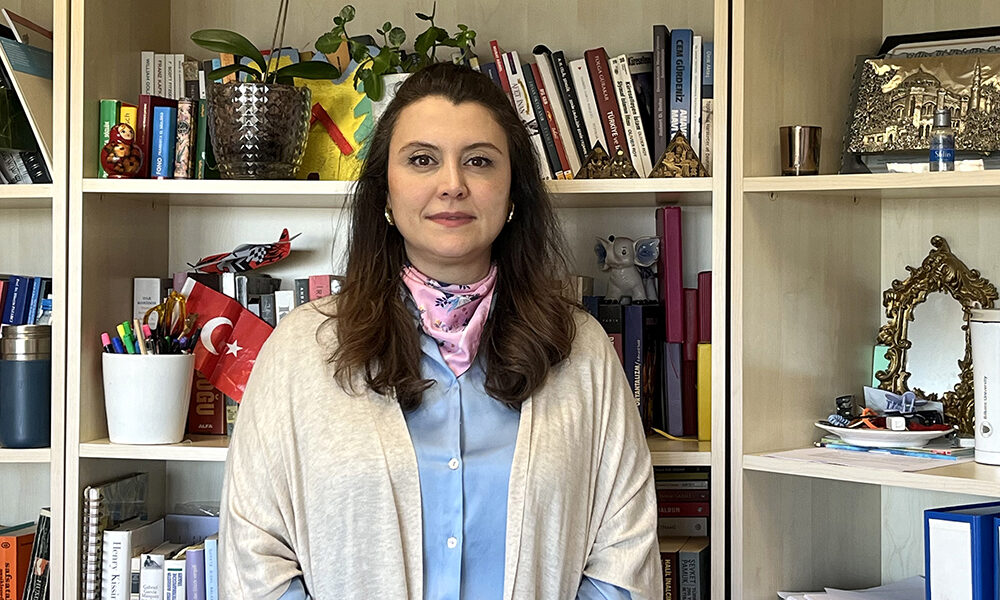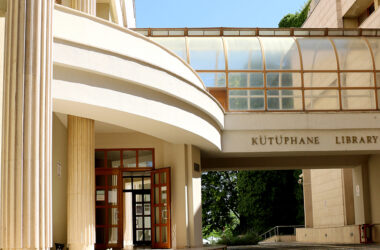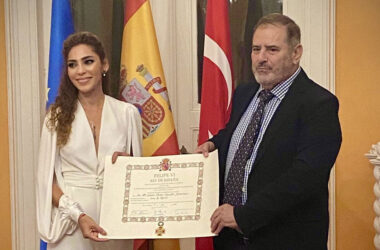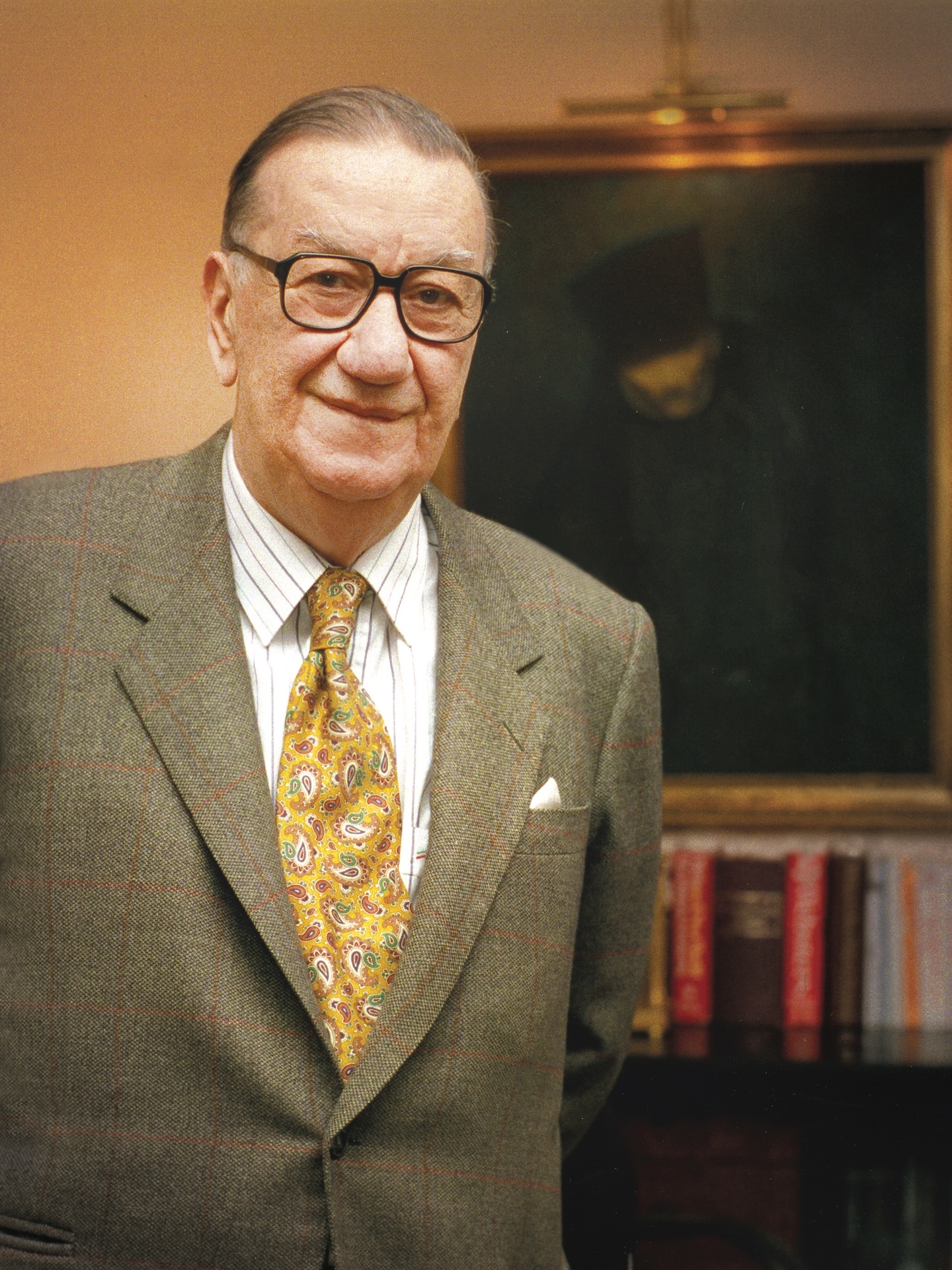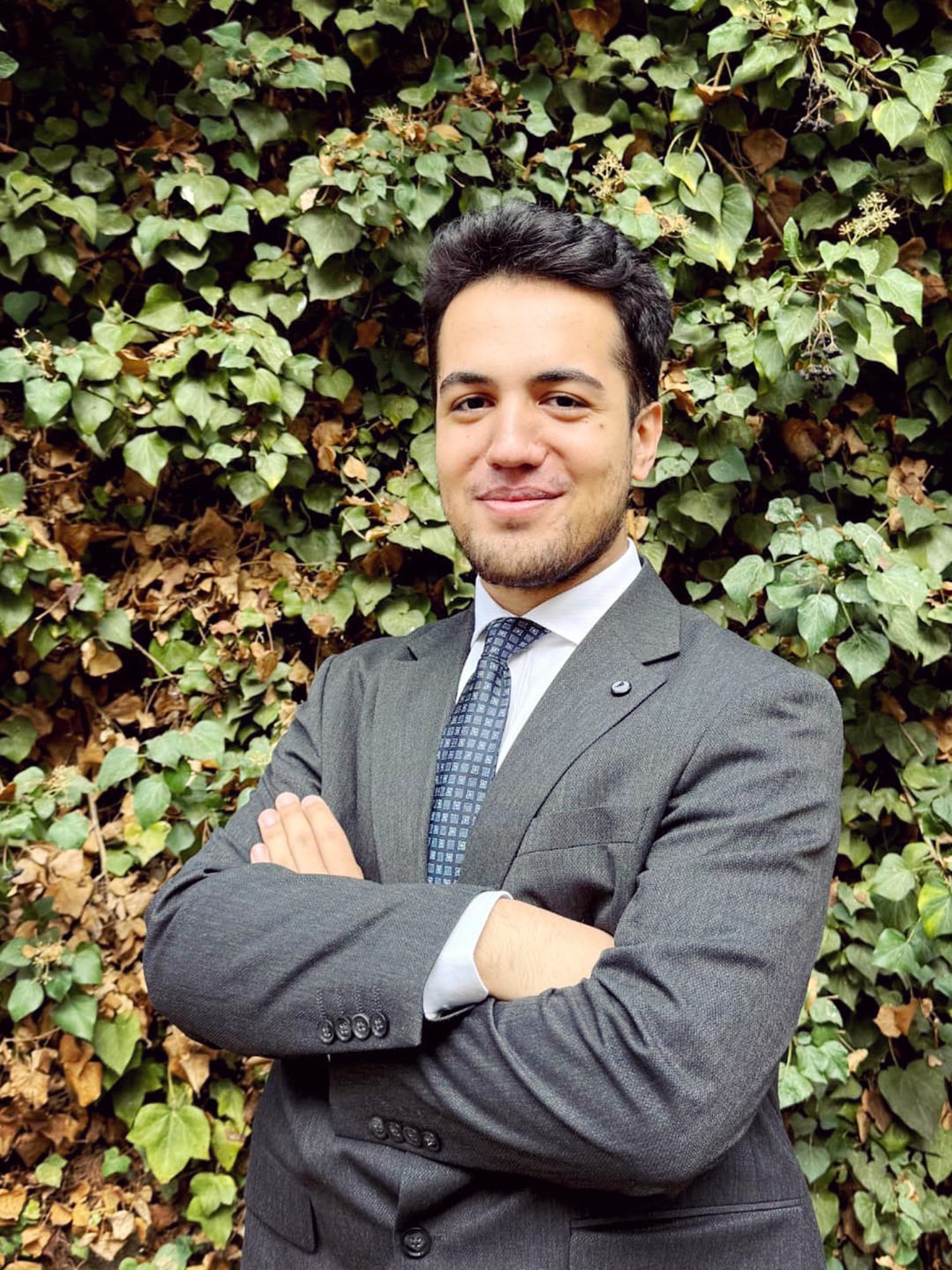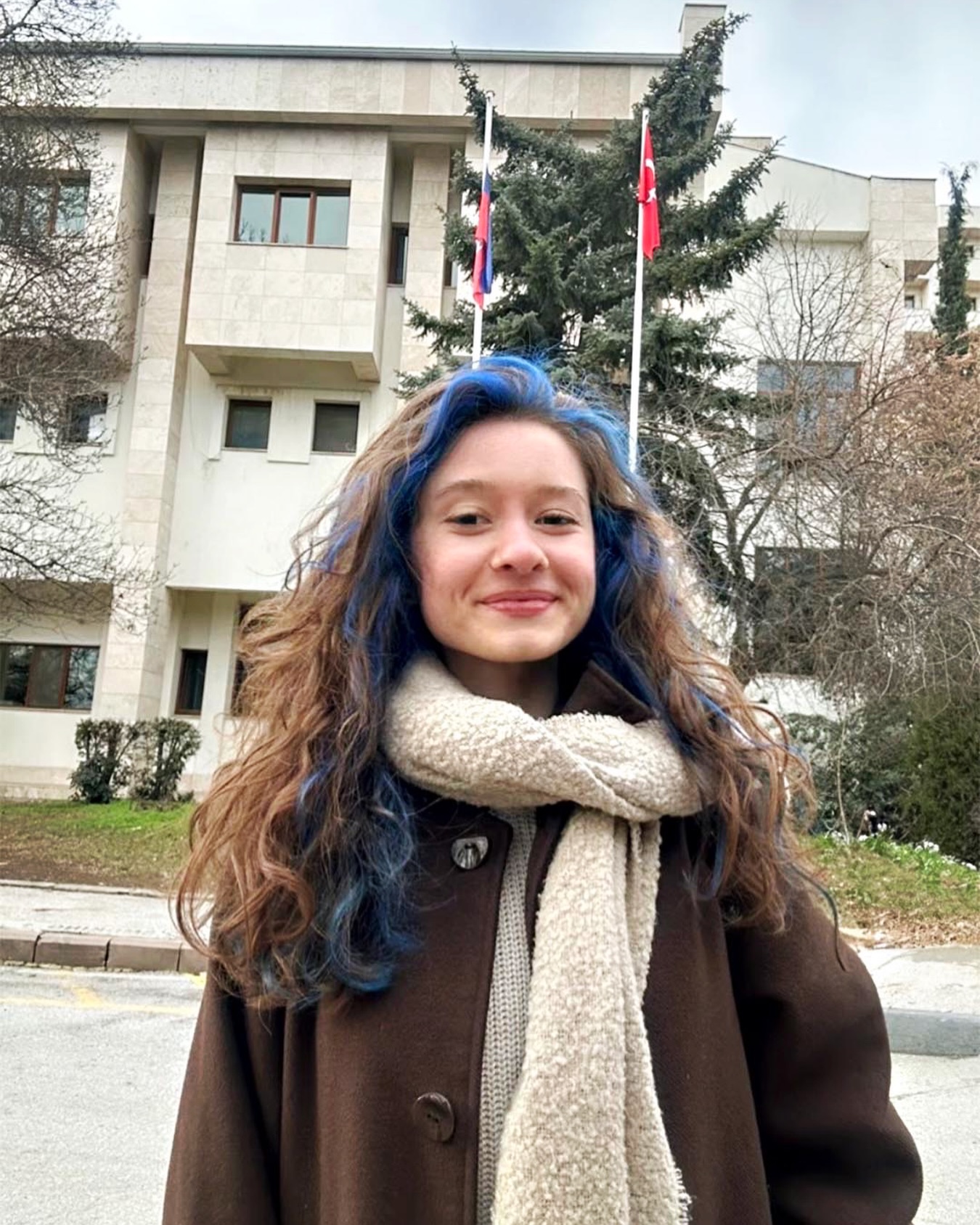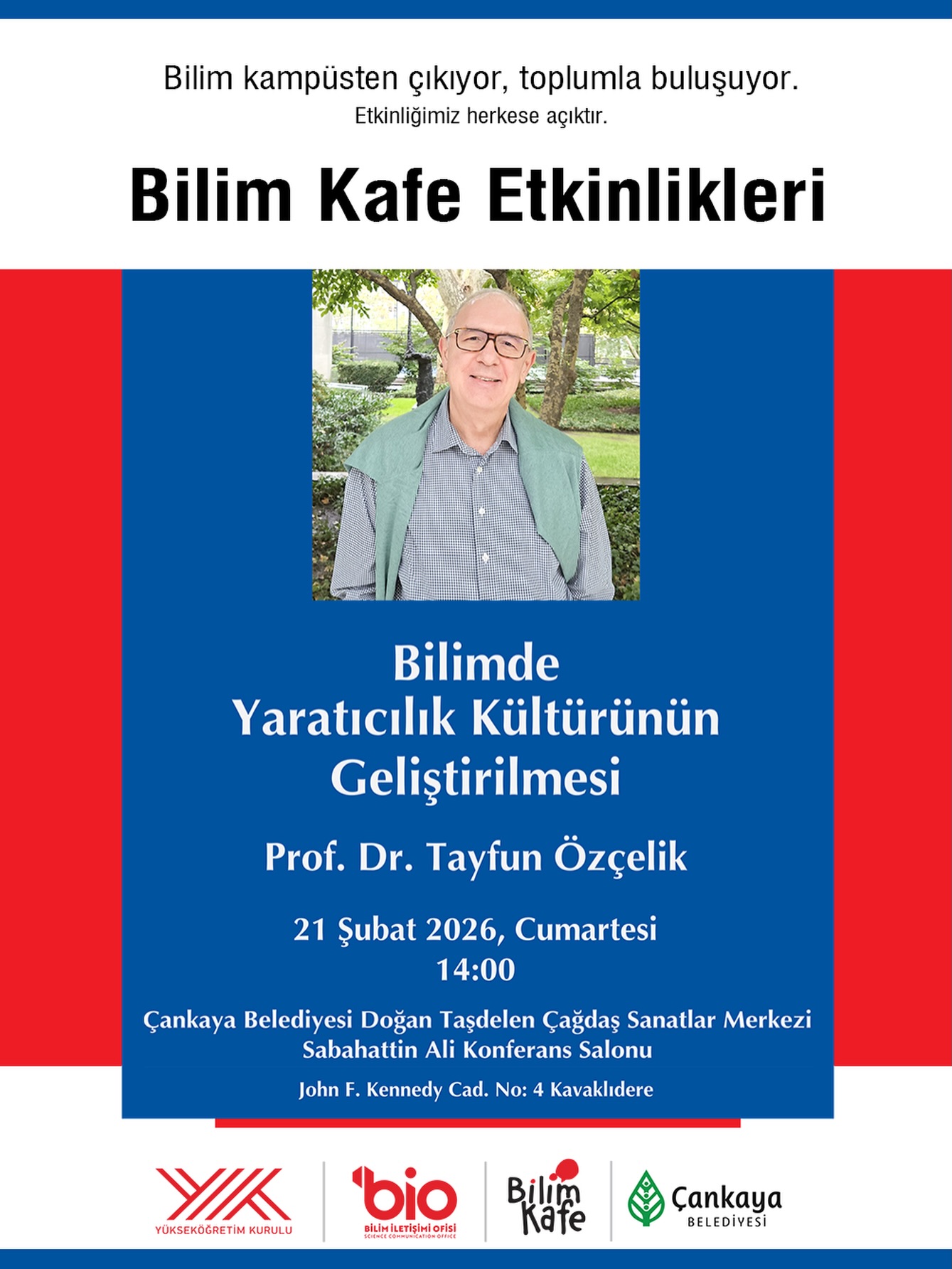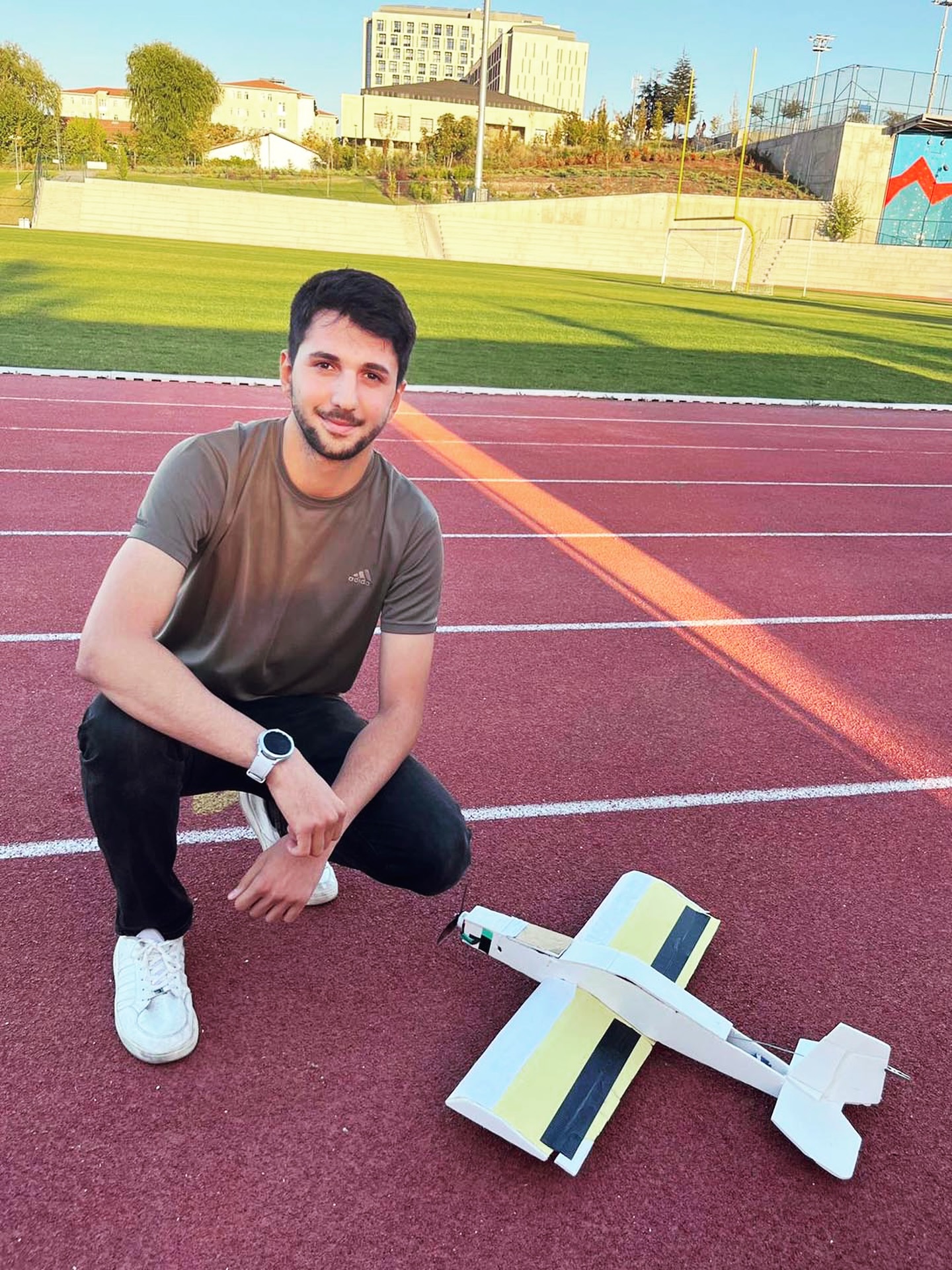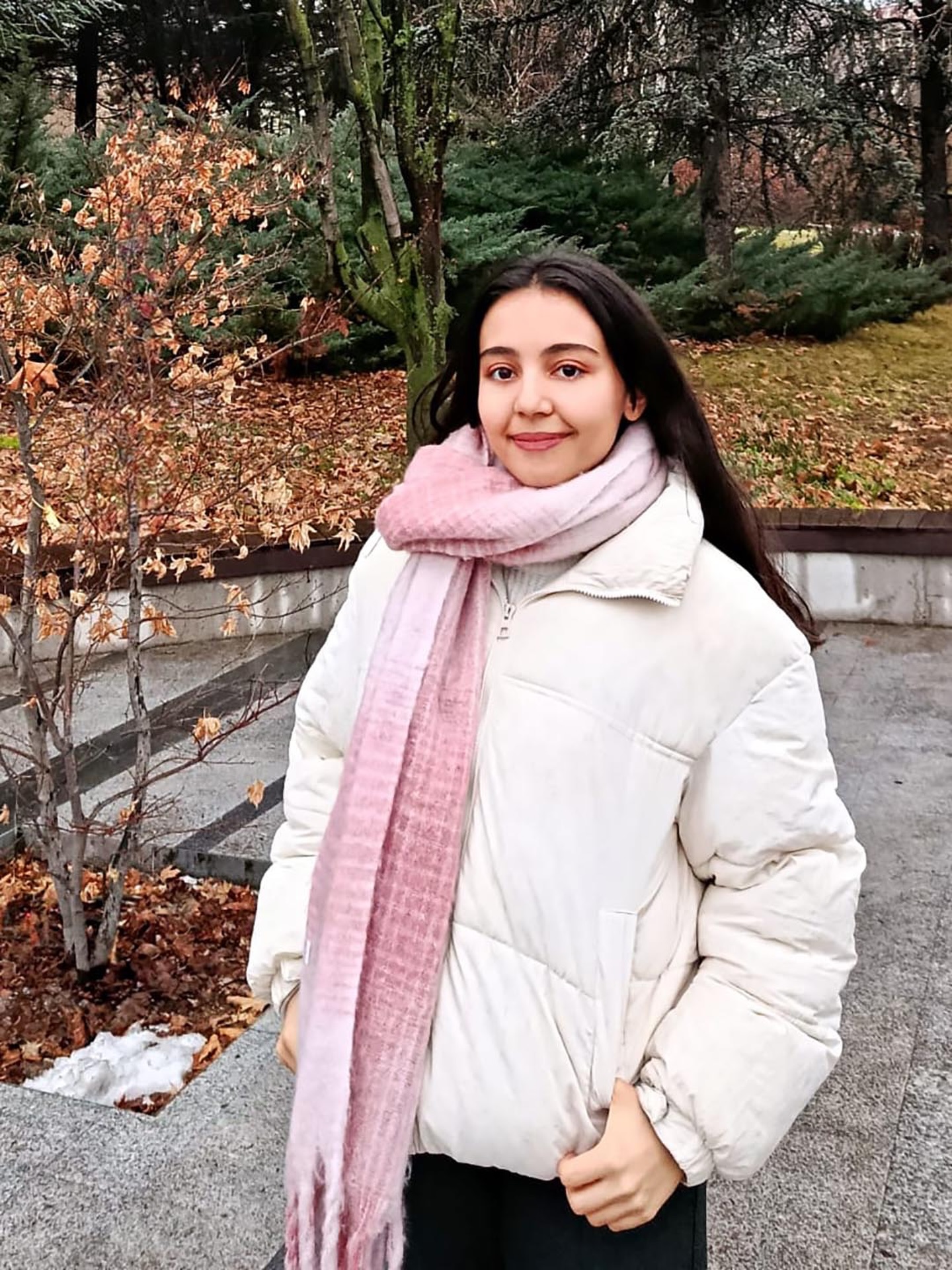BY EKİNSU POLAT (AMER/II)
Dr. Tuğba Bayar has been working at the Department of International Relations and she conducts research on international regimes, international law and international human rights. Regionally she is specialized on the Middle East, particularly Iran’s foreign affairs. She received research grants from various national and international institutions, such as TÜBİTAK and the European Commission. Her works are published in the journals “Turkish Studies” and “Southeast European and Black Sea Studies.” Her current work focuses on the EU’s normative power vis-à-vis democratically backsliding countries. Dr. Bayar is presently leading a Jean Monnet Module Project on the international and European protection of human rights. She is teaching IR 215 (Introduction to Middle Eastern Politics), IR 305 (International Organizations) and IR 322 (International and European Protection of Human Rights) for the spring semester.
What has been the most exciting moment of your career so far?
Finding out the legal infrastructure on which Iran built its nuclear concealment policy was an exciting moment in that the policy was legally enabled, partially due to the negligence of the international community. Digging theoretically and empirically deeper to see what is beyond international affairs is constantly exciting, indeed.
What’s one piece of information from your field that you think everyone should know?
My field, international regimes, hints at two pieces of empirical knowledge that anyone can employ in their interpersonal relations: Cooperation is the key to peace and harmony, and a smaller number of parties ensures better negotiation outcomes.
When and where do you do your best thinking?
I am pretty sure that there is a chemistry between walking and clear thinking or healthy reasoning. However, I cannot be too picky because my weekly schedule is already tight, and I am a mother. I have to make the best of any minute I find for myself.
What distracts you?
I am not easily distracted; I can even resist the digital distraction. However, people talking loudly right in front of my office door exceptionally, but legitimately, irritate me.
What are you most curious about?
Professionally, I wonder about (non)cooperation behavior of states. Privately, I am always passionate and curious about languages and the etymology of random words.
What’s the most common misconception about your work?
About the job, students tend to think that we only teach and grade, and that all our remaining time is free time, with which we do nothing. As for the discipline, the most common misconception I have been noticing is about enforcement capacities against violators. The capacity is not as scarce as commonly believed.
What do you like to do when you are not working?
When I’m not working, I’m parenting a toddler. We are doing activities such as painting or building Lego blocks. I have many personal hobbies like playing and instrument that I currently cannot, due to lack of time.
Why did you choose an academic career?
It is the most comfortable fit for my personality. I am attracted to the independence it offers. This is what I want to share with whoever reads this: you can change your career path whenever you feel uncomfortable in it. Having one life does not mean having one chance at a career.
What do you like the most about being at Bilkent?
I am a graduate of Bilkent University. It is home to me. I like everything about it, and my favorites are the library and the vibrant academic environment.
What projects are you working on currently?
I am currently running a project on the role of human rights in international affairs. I examine the international legal and institutional mechanisms and their functioning. I focus on the human rights trajectory of Turkey and EU–Turkey relations in this framework.
What’s your best work?
I am not sure if it is my best, however, the findings of my research on the protection of irregular migrants, entitled “The Sheep That God Lost,” was an eyeopener for me, particularly about state behavior concerning human rights.
